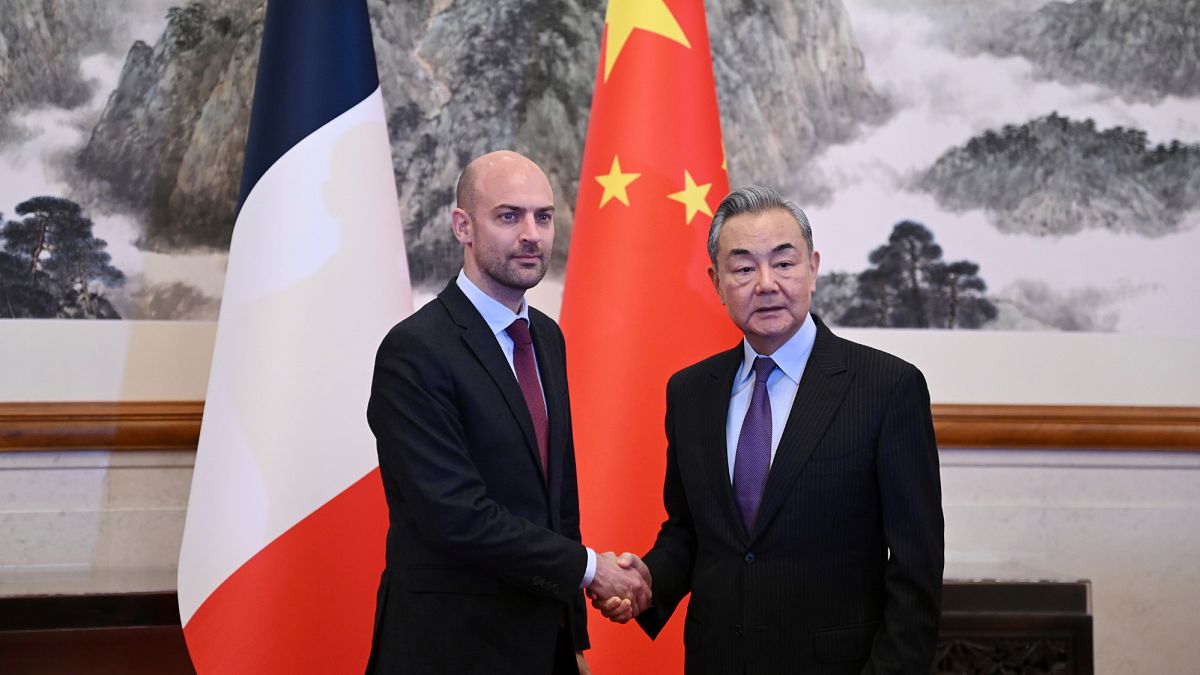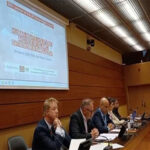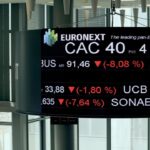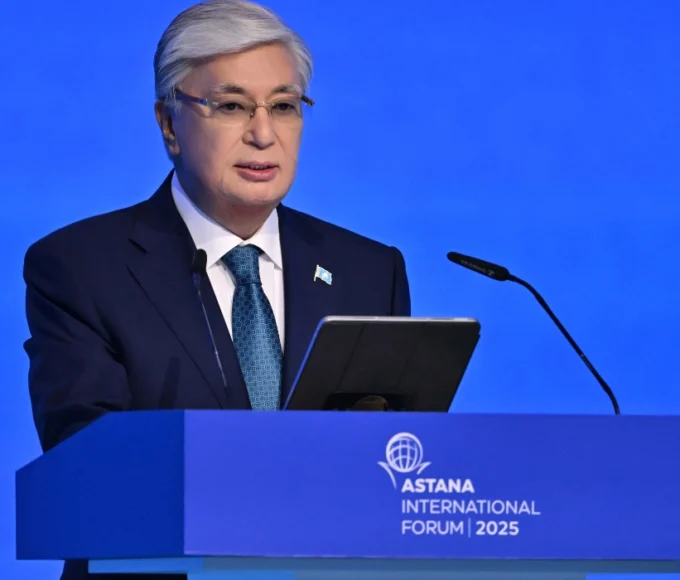French Foreign Minister Jean-Noël Barrot has embarked on a two-day visit to China, engaging in discussions with his Chinese counterpart Wang Yi on the war in Ukraine and long-standing trade disputes between China and Europe.
During their meeting, Wang Yi emphasized the importance of multilateralism over unilateralism and encouraged mutual benefits rather than economic decoupling. His remarks echoed China’s usual criticism of U.S. foreign policies and the Western-led global order.
Barrot later met with Chinese Premier Li Qiang, who acknowledged global instability and uncertainty. He stressed the need for China and France to collaborate to bring stability to bilateral relations and the world.
Barrot responded by highlighting Europe’s shift towards strategic autonomy, investing significantly in defense and energy. He described the current geopolitical climate as a challenging time where key principles like multilateralism are being tested.
Evaluating China’s Position on Ukraine
A key objective of Barrot’s visit is to assess China’s stance on Ukraine ahead of a crucial European peacekeeping talks. France has been a strong supporter of Ukraine, while China has diplomatically backed Russia and provided economic relief by purchasing Russian resources.
This visit comes as divisions emerge between the U.S. and Europe over continued support for Ukraine. Washington is increasingly viewed as taking a softer stance toward Moscow. French President Emmanuel Macron recently suggested that a European armed force could be deployed to Ukraine as part of a future peace agreement.
Read also: EU Defense Plans Face Major Challenges Amid Technology Gap with the US
Trade Tensions Between China and Europe
Trade has been another key topic of discussion. Europe has long accused China of unfair trade practices, including forcing European companies to share technology and creating massive trade surpluses. These concerns have fueled economic tensions between Beijing and European nations.
Despite these disagreements, both sides reaffirmed cooperation on climate change, marking the 10th anniversary of the Paris Agreement. They issued a joint statement stressing the need for greater political momentum in global climate cooperation and biodiversity protection.
Trump’s Climate Policy Changes Add to Uncertainty
Adding to global uncertainty, Donald Trump’s administration has begun withdrawing from the Paris Climate Agreement and cutting climate-related funding. Trump has also halted diversity and inclusion programs in U.S. government institutions, prioritizing domestic economic policies over international climate commitments.
As Barrot continues his visit, he will travel to Shanghai for meetings with local officials and business leaders. His trip is seen as an important step in shaping Europe’s future relations with China, especially regarding Ukraine and trade.
This article is originally published on observatoiredeleurope.com








